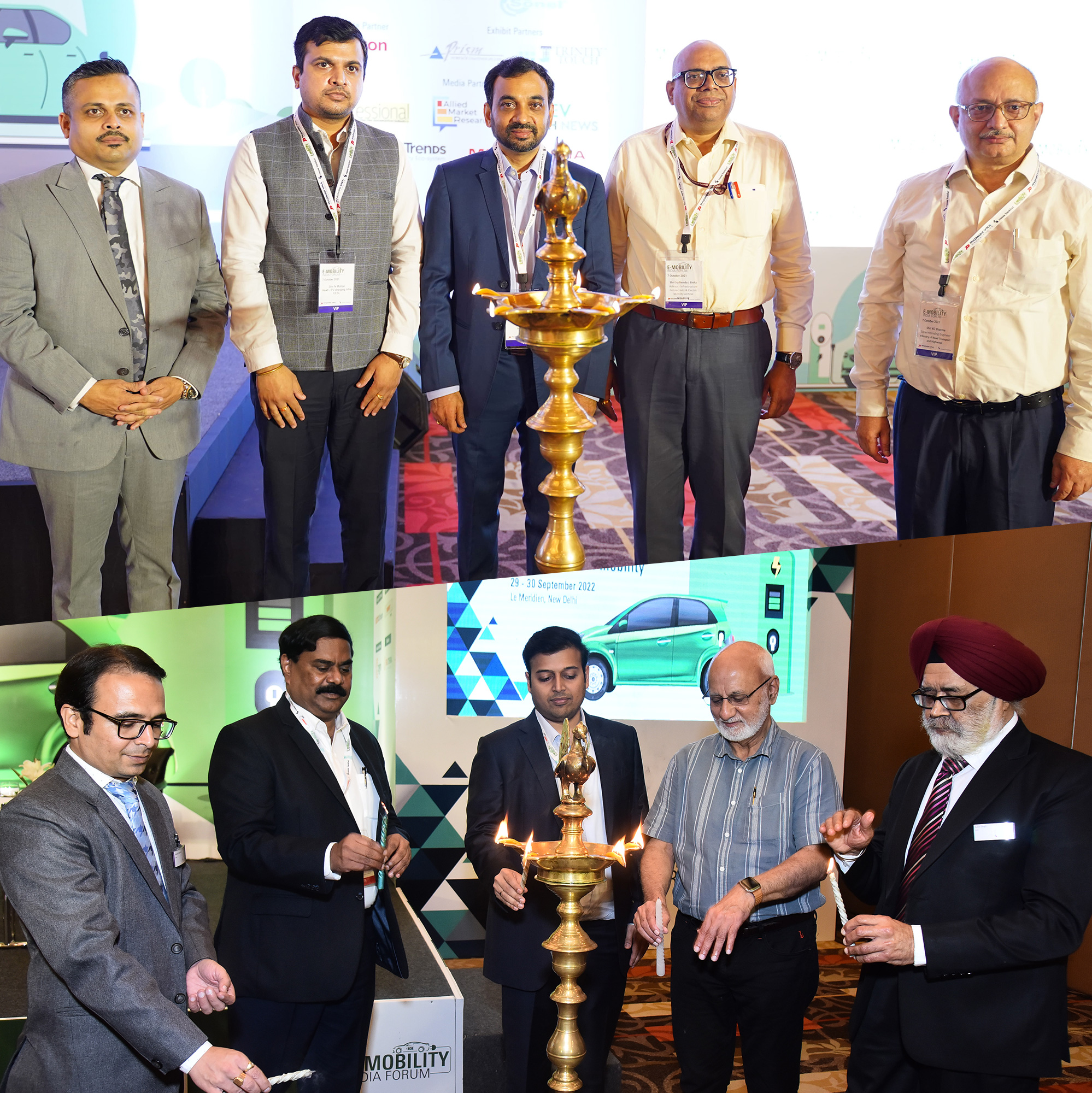INDUSTRY OVERVIEW
As the world moves towards clean and eco-friendly mobility fuel
alternatives, India, too is playing its part to transition into a green economy.
With an aim to achieve net zero carbon emissions by 2070, the Government
of India is aggressively working on framing environmental-friendly policies
& regulations and encouraging the use of clean mobility in the country.
Owing to its international commitments to combat global climate change, heavy burden of oil imports, rising pollution,
and various geo political factors escalating price inflation,

India is working on building a sustainable and atmanirbhar ecosystem for larger ranged low emission vehicles.
Although there are multiple pathways to achieve these commitments, the immediate solution to contribute to India’s net zero targets seems to be the uptake of Electric Vehicles. Electric vehicles can bring in a pragmatic and much-needed shift in mobility, as they are more sustainable and eco-friendly alternative to traditional gasoline- powered vehicles. The electric vehicle market in India is expected to grow into a US$ 206 billion industry by 2030 and create 10 million direct jobs and 50 million indirect jobs, making it the largest untapped EV market in the world. This would require a cumulative investment of over US$ 180 billion in vehicle production and charging infrastructure.
The attractive incentives being offered by the Indian goverment on the production and purchase of electric vehicles to encourage the adoption of electric vehciles, has no doubt pushed sales of electric 2 wheelers and 3 wheelers accounting for over 95% of the total sales. However, in the 4 wheeler segment, EV sales still remain low in India compared to other nations due to the lack of a well established EV ecosystem
Contact | Privacy Policy | Term & Condition
